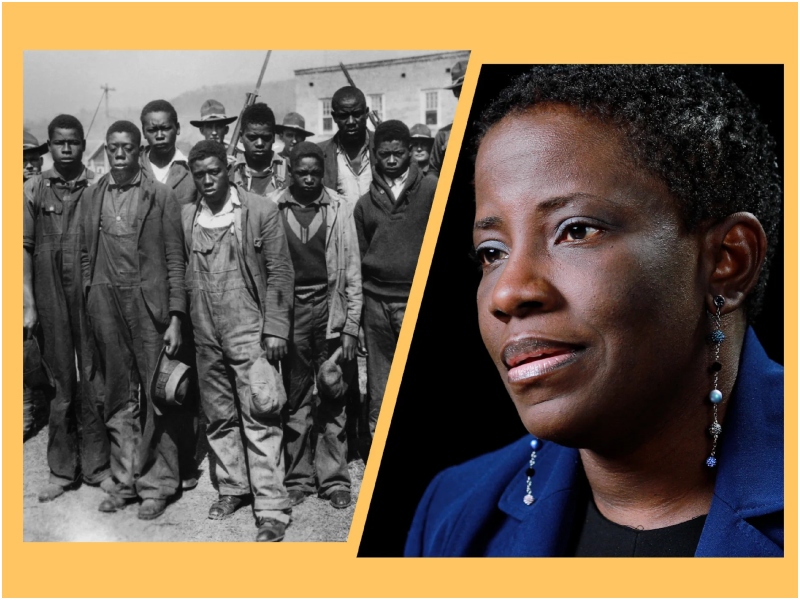In the inaugural installment of “Cases in Brief” two years ago, Harvard Law Professor Dehlia Umunna delves into the landmark case Powell v. Alabama (1932), famously known as the “Scottsboro Boys” case.
This pivotal case marked the U.S. Supreme Court’s seminal ruling, establishing defendants’ rights to adequate legal representation in capital cases under the 14th Amendment’s guarantee of “equal protection of the laws.”
Powell v. Alabama arose from the unjust accusation against nine young Black men, falsely charged with the rape of two white women on a train near Scottsboro, Alabama.
Despite lacking proper legal representation, the defendants faced hasty trials and repeated convictions by all-white juries. However, the Supreme Court intervened, overturning the convictions twice.
Professor Umunna, drawing from her experience as a former public defender, provides insights into the historical backdrop of these convictions, elucidates the constitutional principles underlying the Court’s decisions, and underscores the enduring significance of robust public defense within the American justice system.
Watch Prof Umunna’s presentation below:

